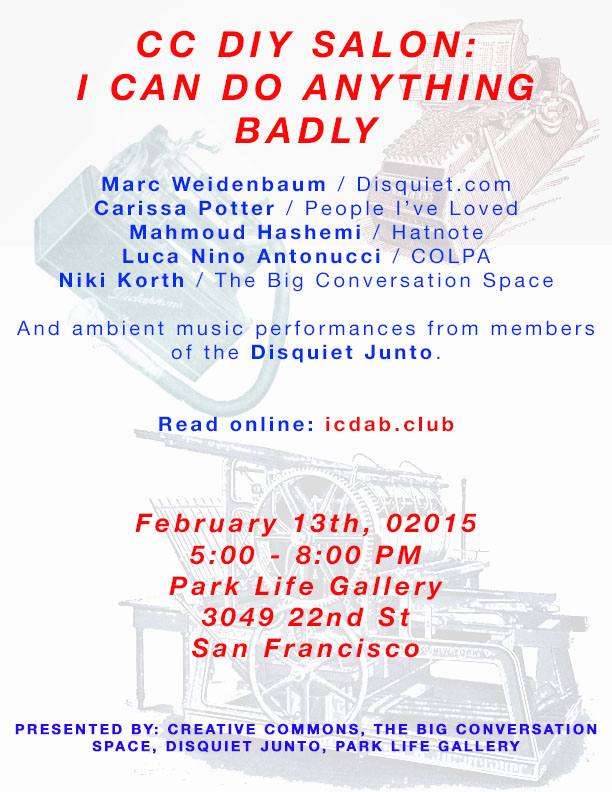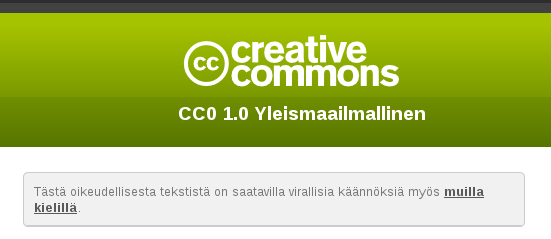Ford Foundation to require CC BY for all grant-funded projects
mardi 3 février 2015 à 18:00Today the Ford Foundation announced an open licensing policy for all of their grant-funded projects and research. The new arrangement came into effect February 1, 2015 and covers most grant-funded work, as well as the outputs of consultants. The Ford Foundation has chosen to adopt the CC BY 4.0 license as the default for these materials. Grant agreements will now include a paragraph requiring the grant recipient to broadly share all copyrightable products (such as research reports, photographs, videos, etc.) funded by the grant under CC BY. And the Ford Foundation is leading by example by adopting CC BY for all materials not subject to third-party ownership on their own website.
Darren Walker, president of the Ford Foundation, said, “This policy change will help grantees and the public more easily connect with us and build upon our work, ensure our grant dollars go further and are more impactful, and – most importantly – increase our ability to advance social justice worldwide.”
“We’re incredibly pleased to see the Ford Foundation adopting a Creative Commons licensing policy for a wide range of grant-funded works, promoting openness and re-use of content produced through its philanthropic grantmaking,” said Ryan Merkley, CEO of Creative Commons. “The Ford Foundation joins a growing movement of foundations and governments adopting policies that increase access to and re-use of digital education materials, research articles, and data using Creative Commons.”
The Ford Foundation is an independent, nonprofit grant-making organization created in 1936. Its mission is “to strengthen democratic values, reduce poverty and injustice, promote international cooperation, and advance human achievement.” In 2013 the Ford Foundation granted almost $570,000,000 to projects and organizations around the world.
The Ford Foundation joins several other philanthropic grantmaking organizations who have adopted Creative Commons licensing policies for the outputs of their charitable giving. We’ve highlighted several over the last few months, including the William and Flora Hewlett Foundation (who also now require CC BY for all their project-based grantmaking) and the Bill & Melinda Gates Foundation (who adopted a CC BY open access policy for published grant-funded research and data). Releasing grant-funded content under permissive open licenses like CC BY means that these materials can be more easily shared and re-used by the public. And they can be combined with other resources that are also published under an open license.
Congratulations to the Ford Foundation on adopting an open licensing policy that will encourage the sharing of rich content and data in the digital global commons. Creative Commons continues to urge other foundations and funding bodies to emulate the ongoing leadership of the Ford Foundation by making open licensing an essential component of their grantmaking strategy.



